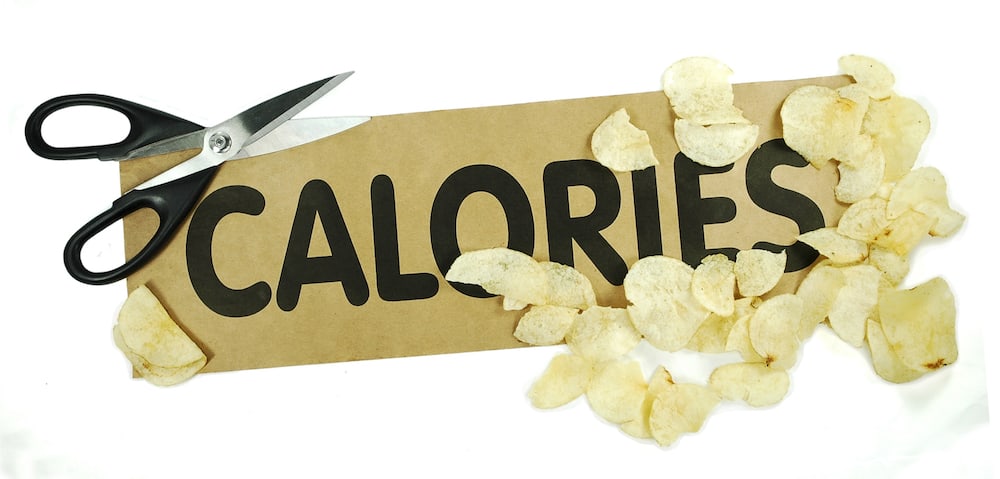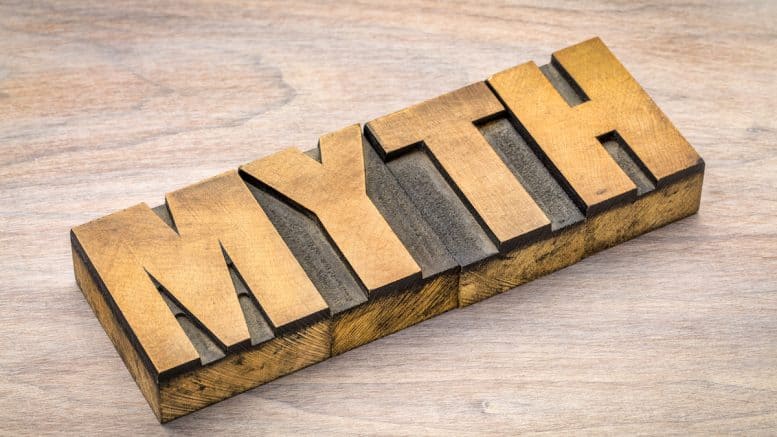Calories from different sources are not the same.

I have had a lot of nutrition lectures. Whether it was a medical instructor or a dietician that I visited when I was trying to lose weight, almost all of them said weight loss is all about calories. Although this is true to a point, it is also overly simplistic, and there is research to disprove this myth. Sure, a single calorie is a unit of energy, and each calorie has the same energy content, whether you get it from alcohol, carbohydrates, fat, or protein. Still, each of these macronutrients has a different effect on the body.
Notable Effects:
- Some carbohydrates tend to raise your insulin and can make you hungry and sleepy. Now, that sounds like a bad idea when you are dieting.
- Alcohol is more calorie-dense than protein and carbohydrates, lowers your inhibitions, and tends to make you snack. This is another bad idea.
- Fat has the highest calorie density, but it tends to make you feel satisfied faster. This is both good and bad.
- Protein has none of these effects, but your brain and heart cannot use it for energy.
How do each macronutrient’s calories affect weight loss? Since we are interested in weight loss and maintenance, this is the key question we need to answer. Each macronutrient takes a different “path” down the metabolic pathway to be burned to produce energy. They each have a different effect on hunger and even cause different hormone releases. These differences affect your weight loss and maintenance.
Research:
- Carbohydrates:
- One study looked at appetite in refined carbohydrates, such as what is found in sugar-sweetened drinks[1]. It found that these carbohydrates increased appetite and reduced satiety which would hinder weight loss.
- Also, calories from whole foods (like fruit) tend to be much more filling than calories from refined foods (like candy) due to their fiber content. Fiber is a form of carbohydrate that has zero usable calories. Fiber has been proven to reduce your appetite.
- Proteins:
- I am not a high-protein guy anymore, but there are a lot of studies that support a higher protein intake in dieting. One such study showed that 25-30 grams of protein in a meal lead to improvements in appetite and body weight management, but there were issues with dietary compliance[1].
- The potential beneficial outcomes associated with protein ingestion include increased satiety to a greater extent than carbohydrates or fat[2].
- Another study looked at low-fat and different protein levels over six months. They found a fat-reduced diet high in protein seems to enhance weight loss and provide better long-term maintenance of reduced intra-abdominal fat stores[2]. In particular, at six months, the high protein group had a 9.4 kg weight loss versus 5 Kg in the medium protein group. At one year, there was not a significant difference in weight loss between the two groups, but the high protein group did have 10% less intra-abdominal adipose.
- Another great study showed that a 20% higher protein intake resulted in a 50% lower body weight regain but also increased satiety and decreased energy efficiency[2].
- Fats:
- A study performed on high carbohydrate, and high-fat meals found that subjects on the higher fat meals had a higher degree of satiety[6]. Although it was short-lived in the study, others in rats and humans show dietary fats have both short and longer-term effects on decreasing appetite.
- Another study recruited subjects that ate high-fat and low-fat diets and found that higher-fat diet subjects individuals had a blunted appetite hormone response to the high-fat test meal. This may not apply to all, but, interestingly, this group did have less of an appetite for fatty foods[2].
Recommendations: I would not recommend that you go on a high protein diet, but if your choice is a piece of beef jerky or a Reese Cup, the choice should be easy. As I pointed out above, not all sources of calories have the same effects on health and weight. Protein can have a lower effect on your future weight, so it might be a better snack if you do not strap on the feed bag and overeat. Replacing some carbohydrates and fat with protein can reduce appetite and cravings and may assist with weight loss.
References:
- [1]H. Leidy et al., “The role of protein in weight loss and maintenance.,” Am J Clin Nutr, vol. 101, no. 6, pp. 1320S-1329S, Jun. 2015, doi: 10.3945/ajcn.114.084038. [Online]. Available: https://www.ncbi.nlm.nih.gov/pubmed/25926512
- [2]L. Clamp, A. Hehir, E. Lambert, C. Beglinger, and J. Goedecke, “Lean and obese dietary phenotypes: differences in energy and substrate metabolism and appetite.,” Br J Nutr, vol. 114, no. 10, pp. 1724–33, Nov. 2015, doi: 10.1017/S0007114515003402. [Online]. Available: https://www.ncbi.nlm.nih.gov/pubmed/26382929







Be the first to comment on "Myth #5: Calories are just calories."